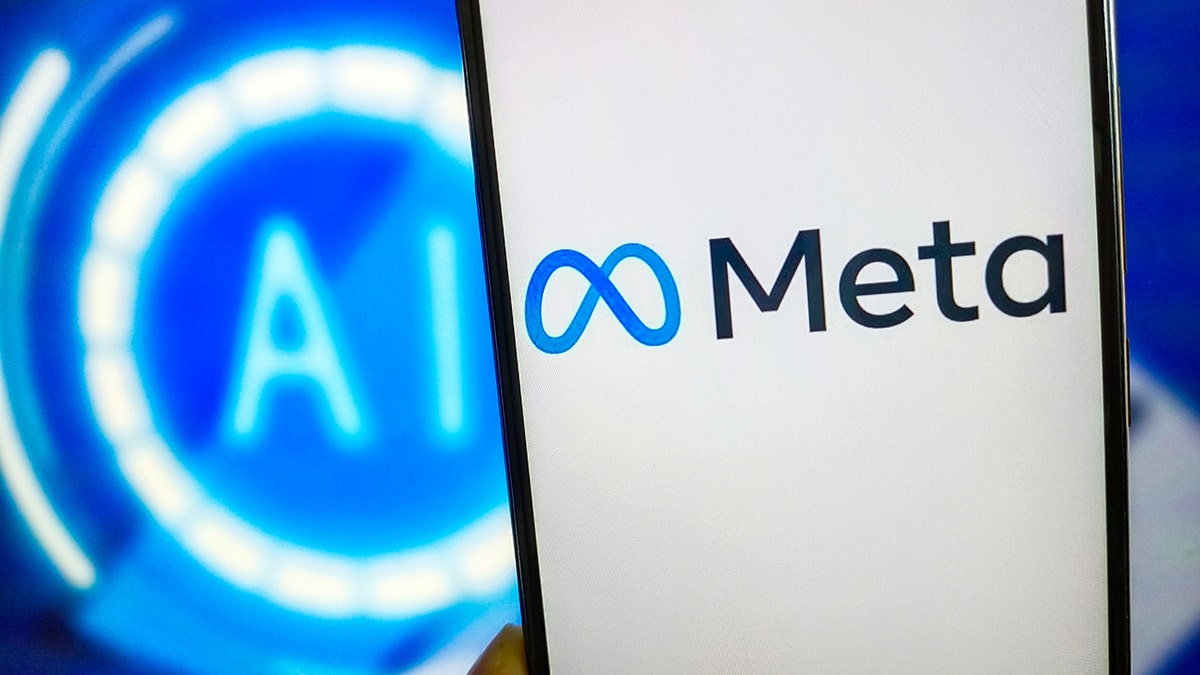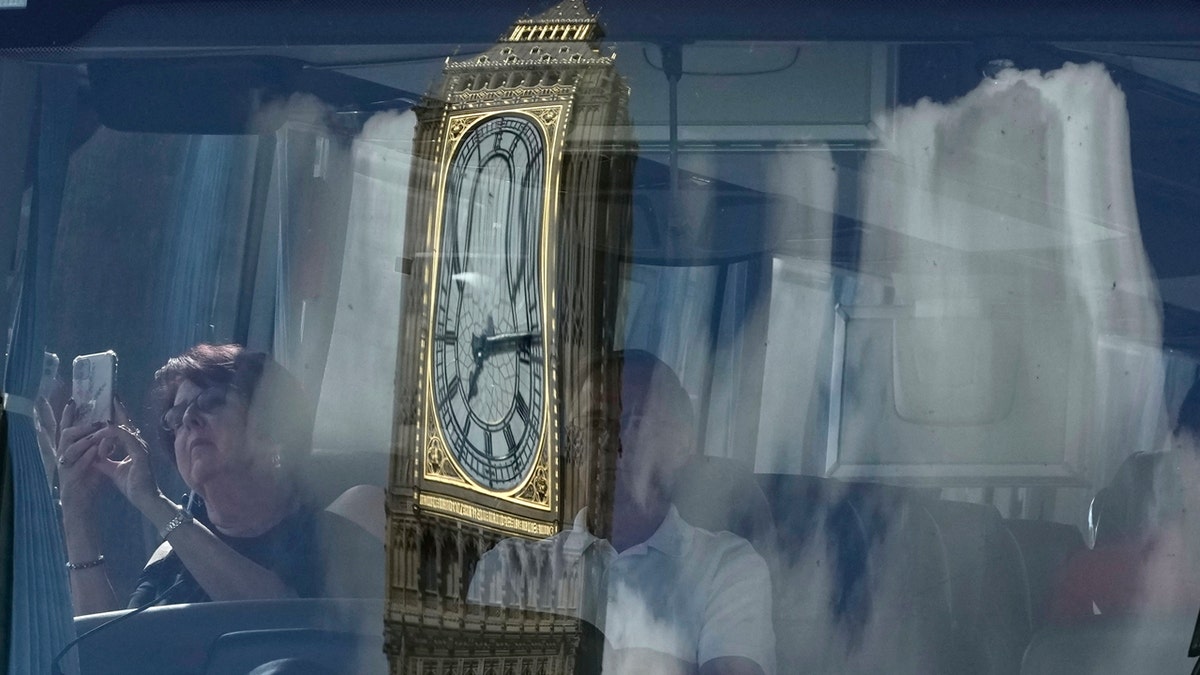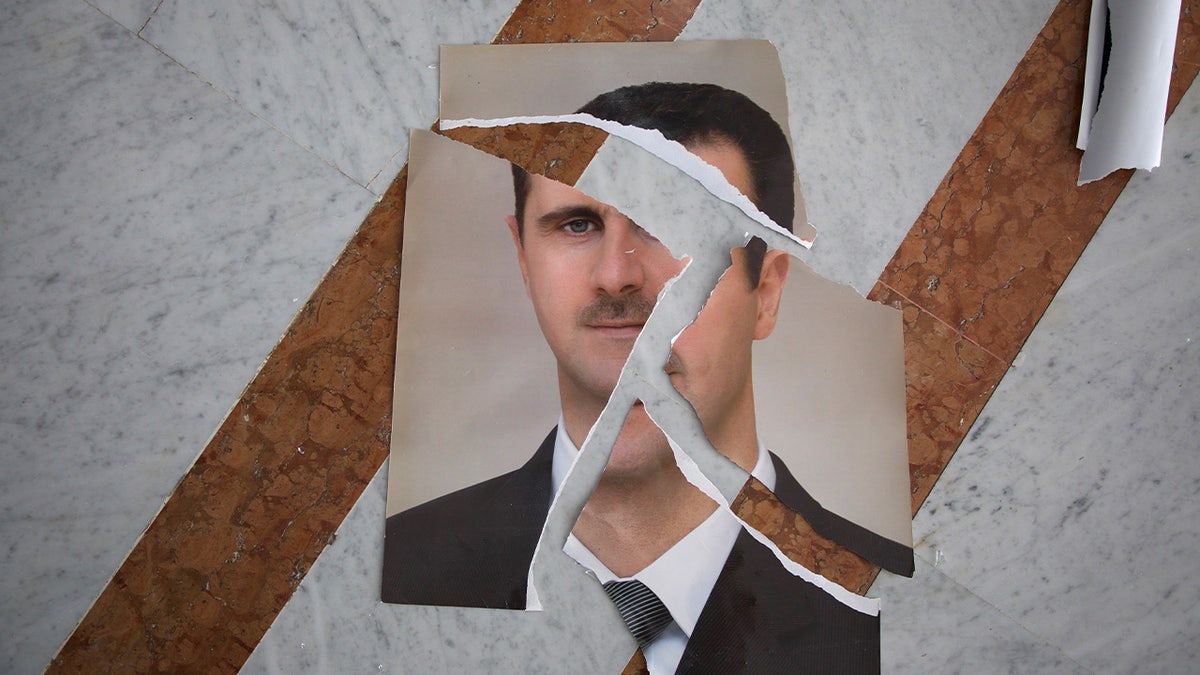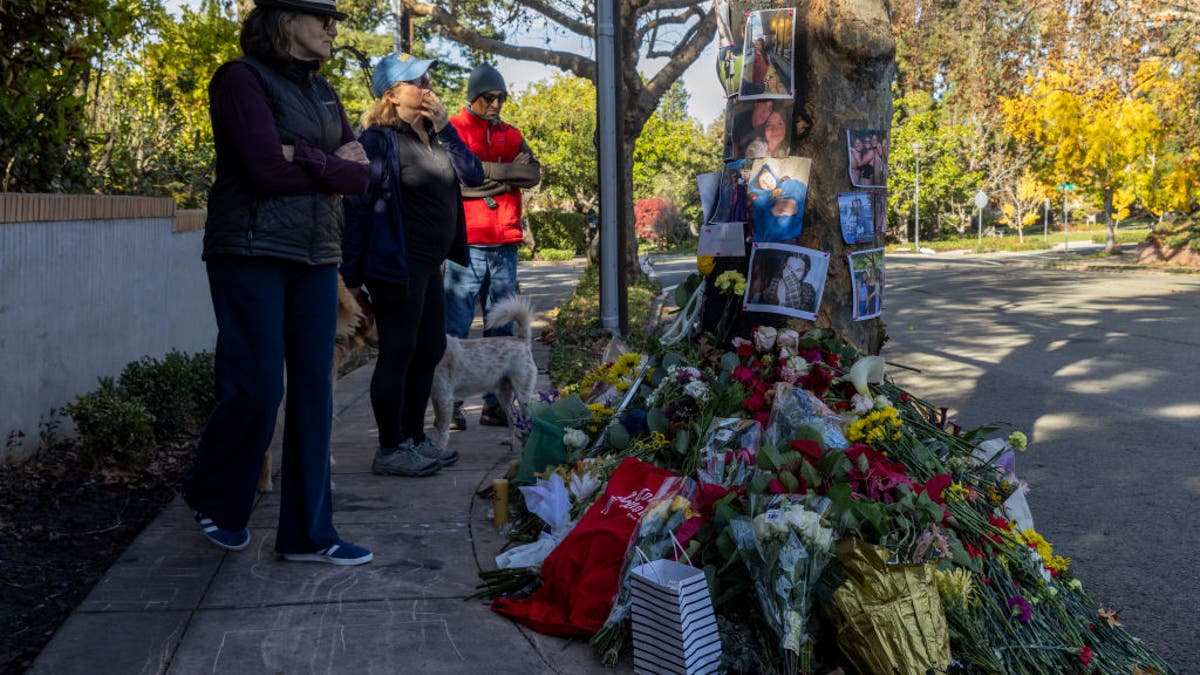The Daniel Penny indictment in the Jordan Neely case continues to dominate headlines, fueled by the media's tendency to inject racial narratives into every story. This incident has the potential to become a defining moment for New York City, reflecting the current state of urban America. However, this time, the public's reaction feels markedly different.
While predictable voices like Alexandria Ocasio-Cortez and Al Sharpton quickly labeled the incident as murder and a lynching, respectively, and the New York Times amplified these narratives, the expected widespread public outcry hasn't materialized. Even Manhattan District Attorney Alvin Bragg's pursuit of a Manslaughter 2 charge against Penny, a rare move for his office when a former president isn't involved, hasn't fully ignited the racial firestorm some anticipated.
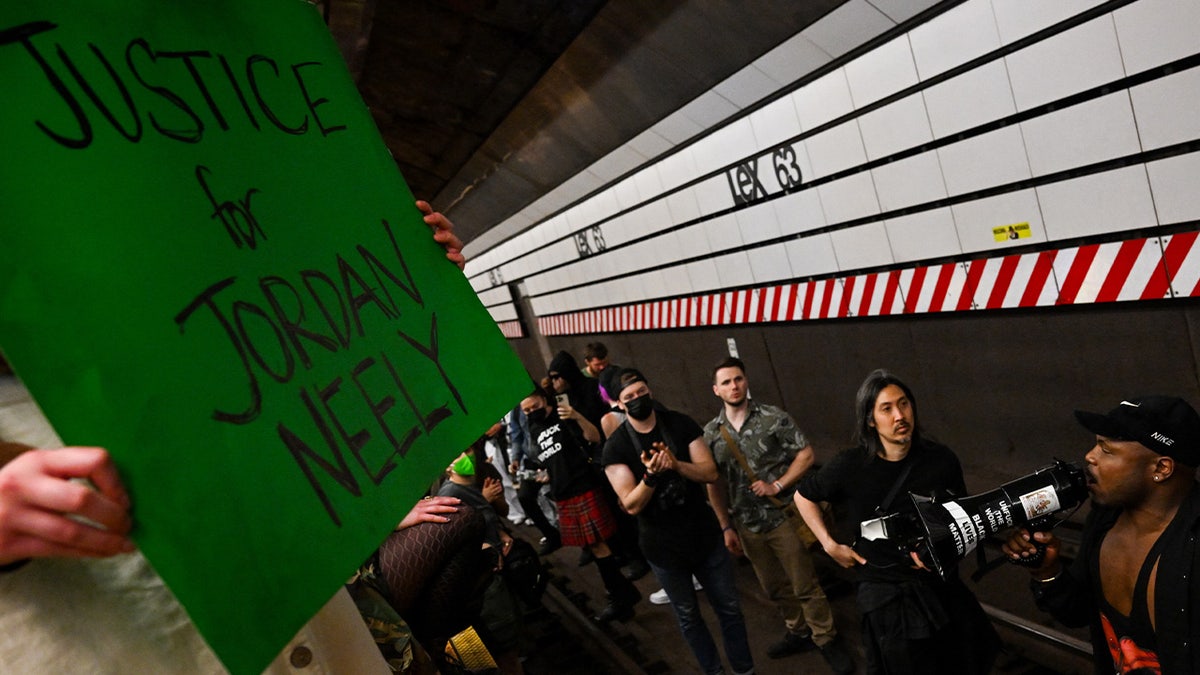
A closer examination of the available video evidence and witness accounts reveals a more nuanced picture. One individual assisting Penny in restraining Neely is a person of color. A female witness expressed support for Penny, providing a statement to the police. Another Black woman on the subway even publicly called Penny a hero. These potential witnesses challenge the simplistic racial narrative.
The shift in public opinion is evident even in the comments sections of the New York Times articles. Despite the Times' attempts to portray Neely's troubled past sympathetically and demonize Penny, many readers, particularly those familiar with the realities of the subway system, have expressed support for Penny's actions. They recognize the fear and vulnerability many feel when confronted with erratic behavior on public transit.

This divergence in perspective highlights the growing divide between the "Uber Class" and the "Subway Class." The Uber Class, comprised of elites like AOC and Comptroller Brad Lander, who rarely, if ever, use public transportation, can afford to be detached from the daily dangers faced by those reliant on the subway. The Subway Class, on the other hand, experiences firsthand the increasing prevalence of mental health issues and erratic behavior on the transit system.
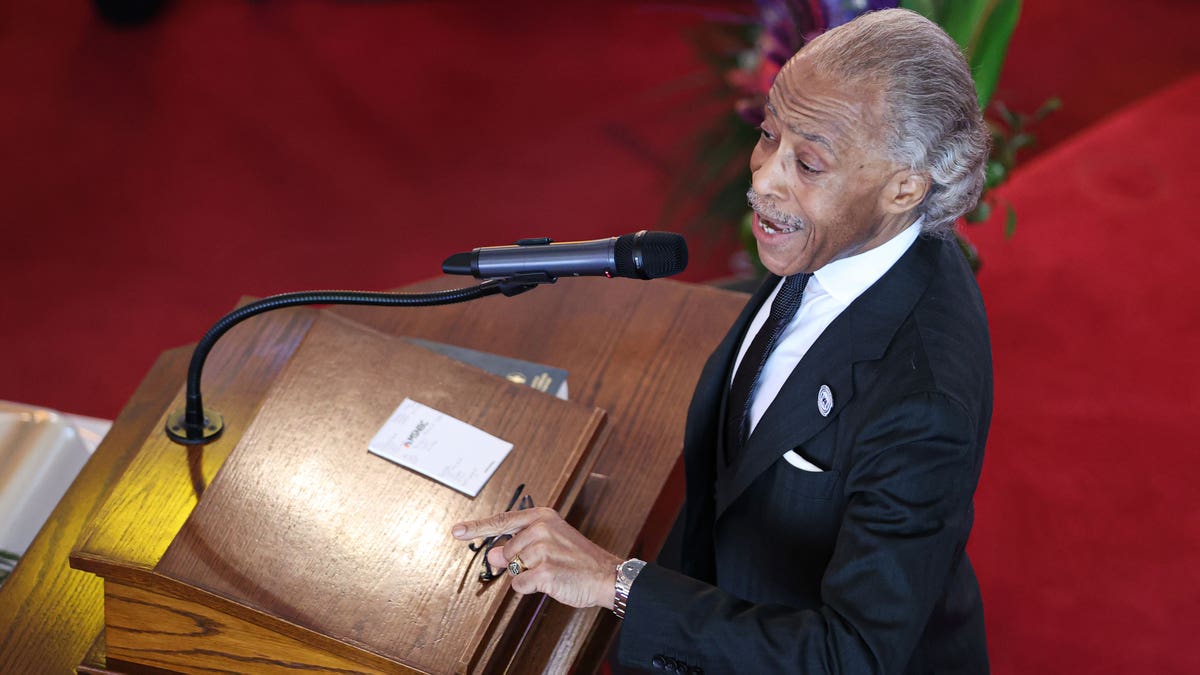
The defund-the-police movement, championed by the Uber Class, has created a void in public safety, leaving individuals like Penny to step in. The fact that Neely had a history of violent offenses and was able to avoid incarceration despite a recent felony assault conviction underscores the failures of the criminal justice system. While billions are spent on programs like Thrive New York, the efficacy of these initiatives remains questionable, as evidenced by the ongoing struggles with homelessness and mental illness in major cities.

The upcoming trial will likely hinge on whether Penny's use of force was justified given the perceived threat. Neely's reported shouts of "I will kill you" could significantly impact the defense's case. Ultimately, the outcome may be a hung jury, given the complexities and differing perspectives surrounding the incident. However, the political ramifications of this case are undeniable, with the Uber Class and the media likely to continue pushing their narrative for political gain.

